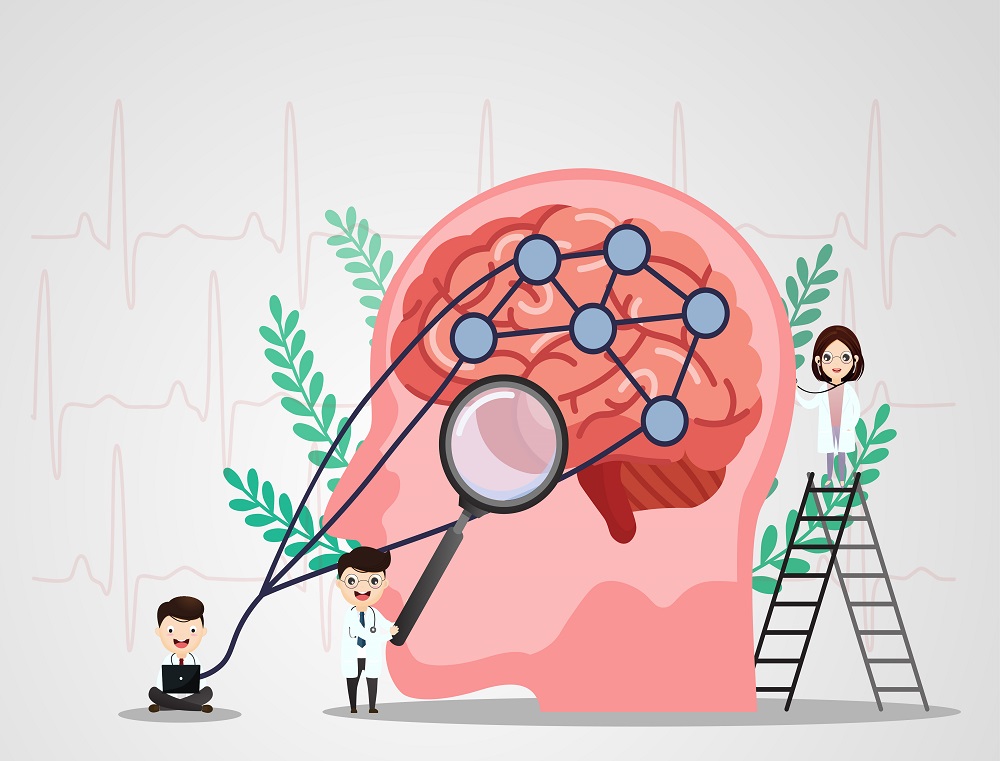What is Educational Psychology?

We all are different is thinking, grasping, observing, analyzing, and executing. No two people are the same, perhaps that is the reason why, a size for all education system is not the perfect way of education. Educational psychology addresses one of the major factors of education which is the ability of student learning. Today, the education system is very complex and there is no one single approach that works of every student. Hence educational psychologists play an important role in identifying and studying learning methods to better understand how students absorb and retain information.
The main area of focus for educational psychology is applying human development theories to understand and lay out a process of instructions. Educational psychology is a lifelong learning. While interaction with parents and teachers is a major part of the process, learning and observing is an integral part too. School is not the only place that people learn in, they also learn at work, in social situations and or even while performing their daily household chores or running errands. Psychologists working in this subfield examine how people learn in a variety of settings to identify approaches and strategies to make learning more effective. Educational psychology promotes learning in different educational situations.
Developmental psychology, behavioral psychology and cognitive psychology is a part of educational psychology. The major role of educational psychologist involves, working with parents and teachers and suggesting the best way to enhance effective learning. This process includes identifying students’ problems areas and finding effective solutions to it, creating new learning methods and techniques, helping students who have an unknown problem and getting to the root of it. Some of the main dimensions of educational psychology are educational technology, instructional design, special education, curriculum development and organizational learning.
Some educational psychologists specialize in the educational development of a specific group of people such as children, adolescents or adults, while others focus on specific learning challenges such as attention deficit hyperactivity disorder (ADHD) or dyslexia. It is a vast study that includes studying the time that students take to retain the information, the lack in understanding a subject, slow pace, the effects of age, the difference between the ability of classroom learning and remote learning or even the effects of the learning techniques used. It helps in identifying the reason for the inability to cope. For example, sometimes the reason for slow learning may not be a disability, it is perhaps a lack of interest. A student who is a good in science, may not excel in drawing because his area of interest is different. Such issues are understood with the help of educational psychology.
The study also shows how the behavior of the teacher affects the students learning. It is not only a study for students, but the entire education system. Hence, educational psychology promotes a developed system that emphasizes on effective learning. We cannot change the learning abilities of a student, but we can surely change the system that is stunting the development of children with a uniform pattern of education. We can initiate a change when we understand the errors that need to be fixed.

